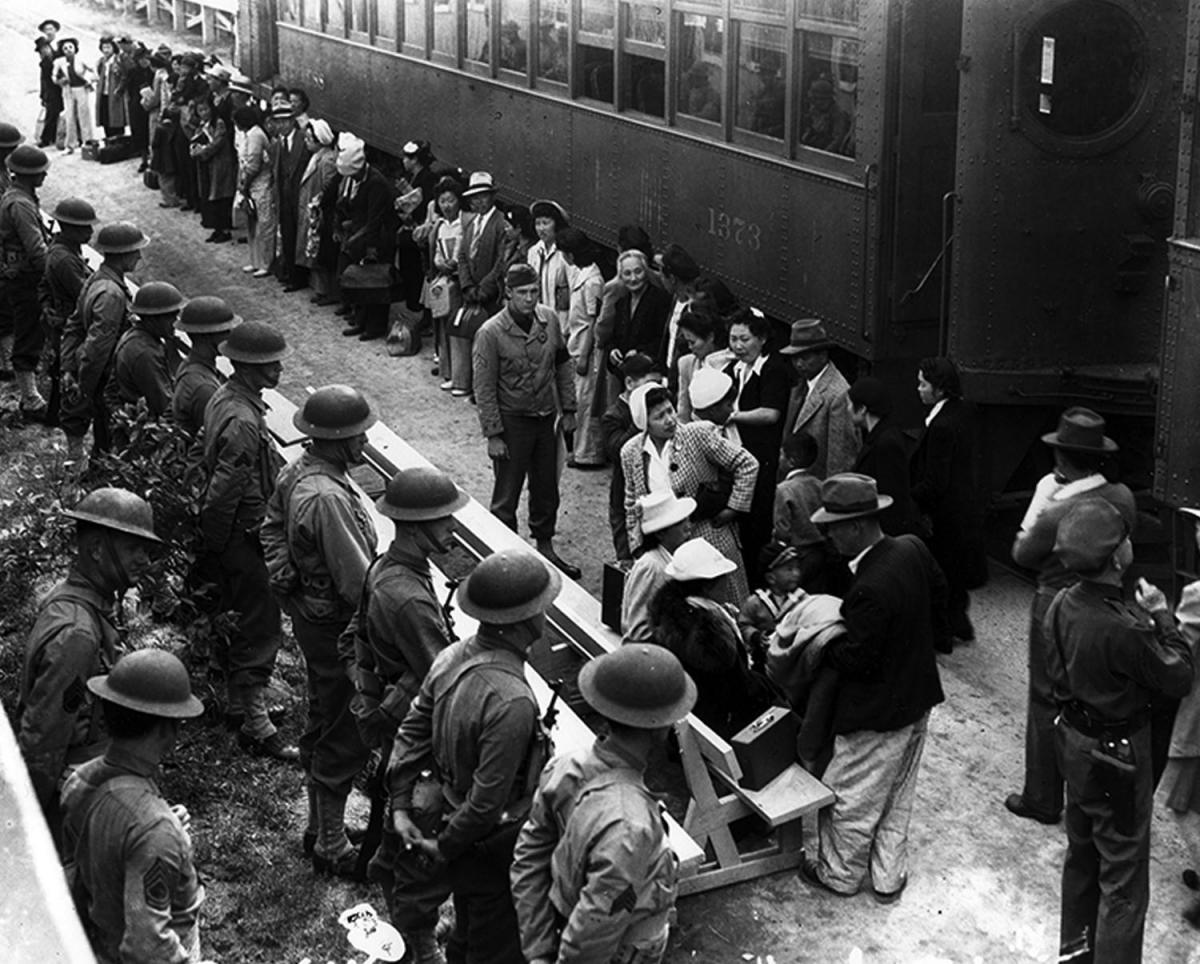by Bruce Dunlavy
(An index to my other posts is available from the pull-down menus at the top of this page, and my blog home page and index of other posts may be found here.)
I recently exchanged ideas with a friend who advised me that he had had an argument with a Jewish person about controversial remarks made in 2019 by Rep. Alexandria Ocasio-Cortez. The controversy debated whether the Representative’s description of US government detention centers holding undocumented immigrants as “concentration camps” is appropriate, since the term is often used in regard to the Holocaust.
The first thing I did was to assure my friend that he was not having an argument with that person. What the two were engaged in was actually a dispute about definitions, which is often confused with an argument. An argument, however, must be about agreed-upon facts or issues and their implications. For that reason, their “argument” was never resolved, and in fact didn’t accomplish anything at all. It wasn’t an argument. And my guess is that neither party really wanted to argue, anyway.
In any case, the issue of differentiating an argument from a dispute about definitions is a subject for another post. The subject of this post is whether Rep. Ocasio-Cortez was being (at best) insensitive or (at worst) anti-Semitic when she used the term “concentration camps” outside the context of the treatment of Jews by Germany in the 1930s and 1940s.
It is always difficult for a person who is not a member of a particular group to openly disagree with a member of that group about any related issue, let alone the most sensitive. As I noted in an earlier post, you do not get to decide whether somebody else is, or should be, offended. And, while the horrific occurrences of the Holocaust are undeniably among the greatest atrocities in the troubled history of mankind, genocide is sadly not unique to that monstrosity.
Of course, attitudes within the Jewish community about Ocasio-Cortez’s remarks are by no means unanimous. Jewish attitudes about virtually every subject are wide-ranging and dearly held (which helps explain why Israeli politics are so complicated). As with any people who have a history of being abused, there are Jews who want to own a special place in the universe of suffering. Moreover, some act and speak as if they believe that there is a finite amount of suffering to go around. This might be interpreted to mean that if anybody else acquires some acknowledgement of suffering, it diminishes Jewish suffering.
Of course, this attitude is not indicative of Jews in general, nor is it restricted to Jews. I once was in a group conversation in which an African-American woman exclaimed, “No one has suffered like we have suffered!” The Jewish lady seated next to me kept her mouth shut, but later on expressed to me that she had been somewhat put out by the comment. She seemed annoyed that someone else could make such a statement in the presence of Jews (I do not believe the speaker was aware that there were any Jewish people in the conversation).

“Concentration camps”? It is hard to argue that those migrant detention centers are anything else. In the most literal sense, they are places where the government concentrates (i.e., separates, gathers, and isolates) persons who meet certain criteria, and it is disingenuous to suggest that those criteria exist independent of categories of race or national origin. The camps are composed of people in those categories and are thus ipso facto a proclamation that they exist for the purpose of keeping those people together with each other while apart from the populace at large, and that this is done so that they might receive special treatment. I do not see how one could disagree with that.
When I encounter Jewish folks who want to be “the owners of suffering,” I may (or may not, depending on the circumstances) remind them that Jews – and by extension Christians – are called to come to the aid and the defense of all who are oppressed. A study of the long development of the Jewish principle of tikkun olam (“repair of the world”), may be started here, among other places (there is by no means a single, authoritative view).
The Old Testament of the Bible admonishes the faithful to side with the outcast, the alien, and the downtrodden so often that Christians are no doubt familiar with the phrase that reverberates through Jewish law and history – “Remember that you once were slaves in Egypt” (which may or may not be historically accurate). Several Biblical books are replete with references to the Jewish nation’s delivery from slavery and oppression in Egypt. One selection that is particularly appropriate to the issue at hand is found in Leviticus 19: “33And if a stranger sojourn with thee in your land, ye shall not vex him. 34But the stranger that dwelleth with you shall be unto you as one born among you, and thou shalt love him as thyself; for ye were strangers in the land of Egypt: I am the Lord your God.”
There is no end of suffering in the world. Nobody and no people have a corner on the suffering market. To me, the idea of making a fuss over the use of the term “concentration camp” in regards to something other than anti-Semitism is no more justifiable than restricting the term “slavery” to the history of the African Diaspora. In fact, this controversy is an example of the oppressed turning their well-justified anger in the wrong direction – toward other oppressed groups instead of toward a combined battle against all oppressors.

Thanks, always great to read your post.
LikeLike